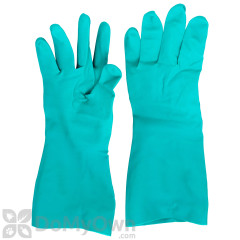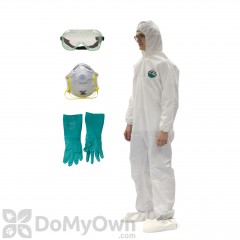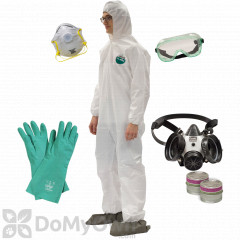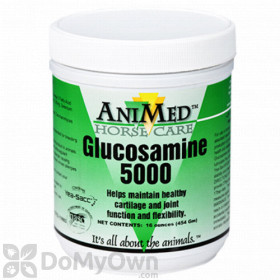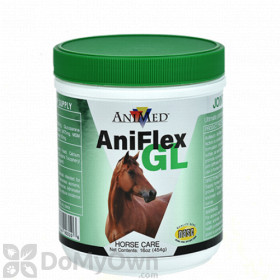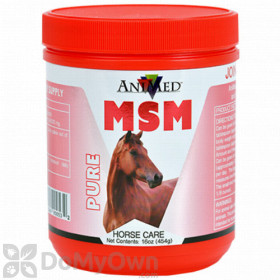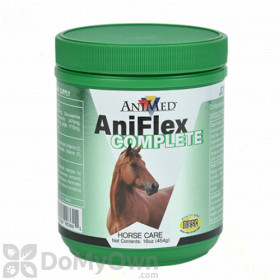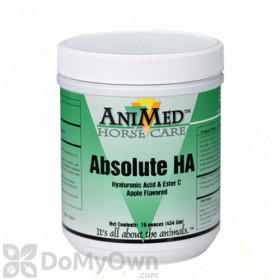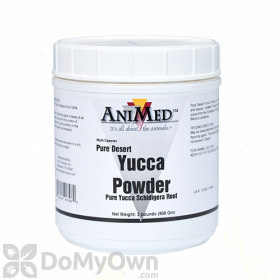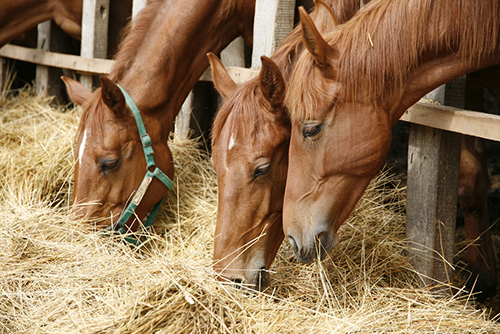
Equines of all ages and sizes can strain and tear their joints. Horses used for show, racing horses, labor horses, and riding horses all carry a tremendous amount of weight which strains their knees and joints, especially while running or trotting.
Horse joint supplements keep joints lubricated, preventing tears and strain to keep your horse healthy. Supplements can also help prevent arthritis in horses and lessen pain and stiffness in horses that already have arthritis. Supplements often contain vitamins that will also improve the health of your horse's mane and skin, an added benefit.
Read below to learn the differences between horse joint supplements and why supplements are so important for your horse's health.
What are Supplements?
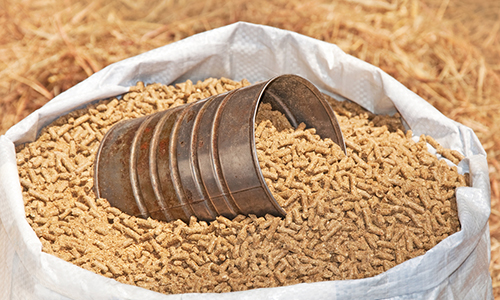
Supplements are liquids, powders, pastes, and wafers that are added to a horse's food to complete their diet with nutrients they may be lacking. Much like bodybuilders will take protein supplements, horses need glucosamine, Vitamin C, and other nutrients added to their diet to help prevent illness and heal injuries.
What are Supplements Made Of?
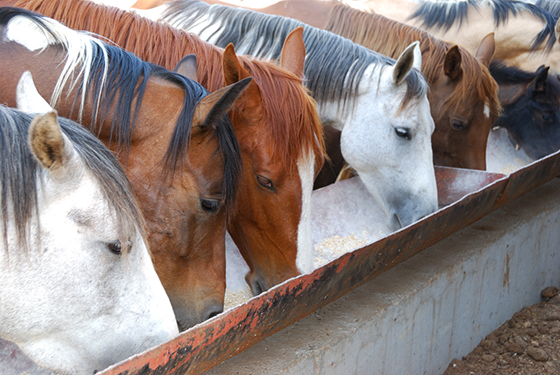
Glucosamine is the most common substance found in horse joint supplements. Glucosamine lubricates joints, strengthening muscles around knees while helping to heal injuries.
Many people and pets, including dogs, will take glucosamine supplements to help with arthritis. Horses also benefit from glucosamine.
Chondroitin Sulfate is often found in horse joint supplements that contain glucosamine. On its own, chondroitin sulfate is not very helpful for horses, but when combined with glucosamine, chondroitin sulfate can be helpful for joints and lameness.
Methylsulfonylmethane (MSM) is an anti-inflammatory that is often found in horse joint supplements. The amount of MSM in supplements vary, so be sure to consult your veterinarian to determine if a supplement has enough MSM to be effective.
Hyaluronic acid (HA) is another supplement that can help to reduce joint swelling and heat during flare ups.
Horse joint supplements may also contain Vitamin C. Vitamin C is essential for horse joint health, wound healing, and a healthy coat. Too much Vitamin C can be harmful for horses, so be sure to consult with a veterinarian to determine what a healthy level of Vitamin C is for your horse.
How to Choose a Joint Supplement?
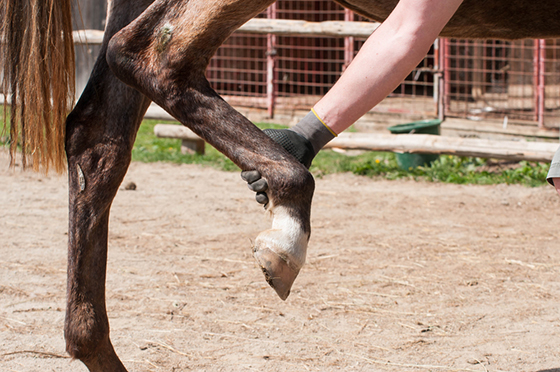
Barns and owners can vary in how and when they feed their animals. Luckily, DoMyOwn has a wide variety of horse joint supplements, allowing you to choose the formula that works best for your animals.
Powder horse joint supplements can be sprinkled directly onto horse's food or mixed in with their water. Horses that eat dry food typically won't notice a different in food with supplements and food without supplements.
Liquid horse joint supplements are typically flavored, encouraging horses to eat any food with the supplements.
Wafers and pellets are mixed in with wet food and can be flavored or non-flavored.
How Much Glucosamine Can You Give a Horse?
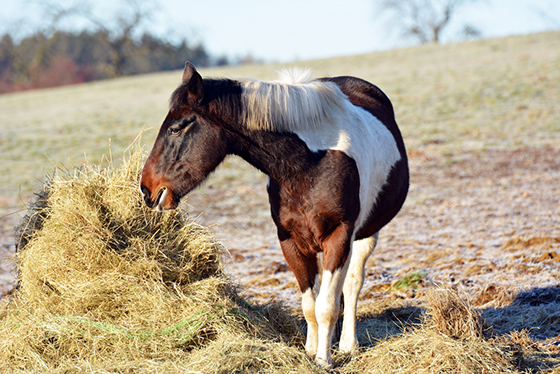
Like medicines, horse joint supplements are often measured based on the size and weight of the horse. Consult the label of your chosen horse joint supplement to determine how much is needed and how often to give the supplements to your horses. Often, the heavier the horse, the higher the dosage.
Talk to your vet before giving supplements to foals. Your vet can also recommend supplements that have proven effective for their other patients.
Explore our selection of horse joint supplements and our entire horse care category to keep your horse healthy. If you have any questions about the products mentioned in this guide, give our customer service team a call at 866-581-7378 for more information.
